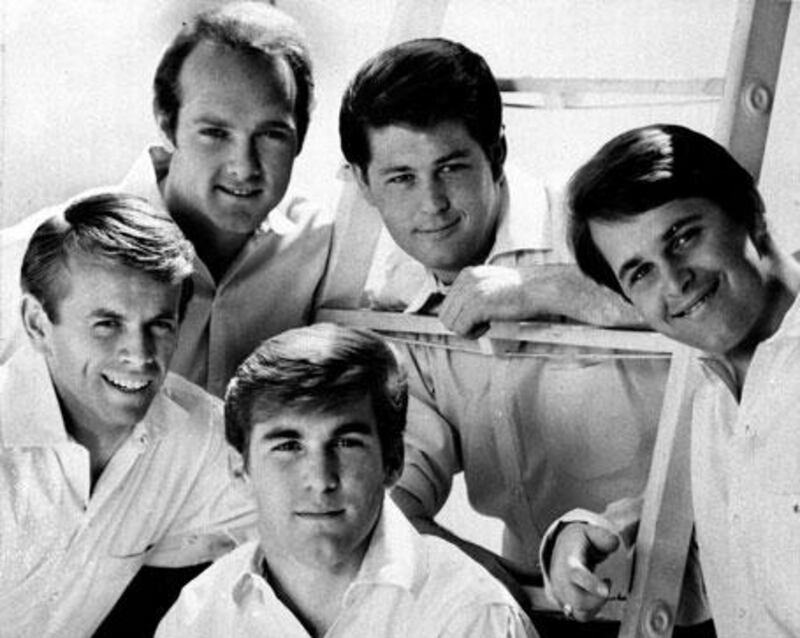Anyone tempted to dismiss the Scissor Sisters as producers of sing-by-numbers disco-pop might want to reassess now that news has emerged that the New York band abandoned the best part of an entire album last year because it left the lead singer Jake Shears "cold". "In my heart I knew it wasn't right," he said in a recent interview with the BBC. "I didn't really know what it was trying to say." Instead, Shears hotfooted it to the notoriously hedonistic German capital Berlin, where he spent several months getting back in touch with his inner party animal. The band started again from scratch last June, and the results - their first album (well, second if you count the one they ditched) since Ta-Dah in 2006 - will be released next month.
This does not sound like the behaviour of a flash-in-the-pan act. In fact, abandoning projects, be it music, film or art, has almost become the hallmark of a great artist. Such is their artistic integrity, you see, that the project in its present state is simply not fit for human consumption. At least that's what they want us think. More often than not, though, the causes of abandonment owe more to logistical obstacles such as illness, or financing (or, in Leonardo da Vinci's case, because the bronze he wanted to use for a sculpture of a 24-foot-high horse was redirected in order to make cannons to bolster the Milanese garrison against the French).
Either way, when it comes to music, abandoned projects only serve to heighten an artist's mythology. Such was the case with Smile, the Beach Boys' 1966/67 album that was intended as the even more complex follow-up to their visionary Pet Sounds. The project, by then a virtually complete album, floundered under the weight of expectation and, more significantly, Brian Wilson's deteriorating mental health. In 2004, Wilson released a "completed" recording of the album, but fans continue to recreate a "true" version by piecing together snippets from the time.
Similarly, Neil Young's album Chrome Dreams was abandoned on the brink of release in 1977 for reasons nobody quite knows. It would have been his best album of the decade, modern-day music journalists opine wistfully. A number of unofficial versions have since been released to keep us guessing, followed by Young's Chrome Dreams II in 2007, which teasingly only bore a passing resemblance to its predecessor.
And then, of course, there's Prince, surely the owner of more abandoned or unreleased material than he knows what to do with. One of his better-known projects that remained on the shelf was Camille, an album featuring his female-sounding alter ego (a sound he created by speeding up his voice in the studio). Film is also littered with works that never got out of the blocks. The list of Stanley Kubrick's abandoned projects is far longer than the number he produced. The best known is Napoleon, for which he wrote the script and intended to cast Jack Nicholson as the lead. However, MGM cancelled it due to a combination of financial constraints and the fact that a similar film, Waterloo, by Sergei Bondarchuk, had recently flopped. Orson Welles's unfinished films have also become the stuff of legend; he claimed to have been working on a version of Don Quixote for decades. There are also conflicting reports about the number of David Lynch projects that have never seen the light of day.
When it comes to literature, the abandonment of works, particularly by great authors of the past, often owes more to untimely death than anything else. One such was Charles Dickens, whose The Mystery of Edwin Drood was only halfway to completion when he died of a stroke in 1870. Geoffrey Chaucer never finished The Canterbury Tales. JRR Tolkien never completed a definitive version ofThe Silmarillion, despite having spent his whole life rewriting it (after his death it was partly reconstructed, at the request of his son Christopher, by the fantasy fiction writer Guy Gavriel Kay, and published in 1977).
We need look no further than the British author Martin Amis for a modern example of vanity abandonment, though: he ceased work on an autobiographical novel he had started in 2003 because "the whole thing was dead, without life". Perhaps he took a trip to Berlin, too, since the book was later split into two, part of which became The Pregnant Widow, his best-received book for years.





